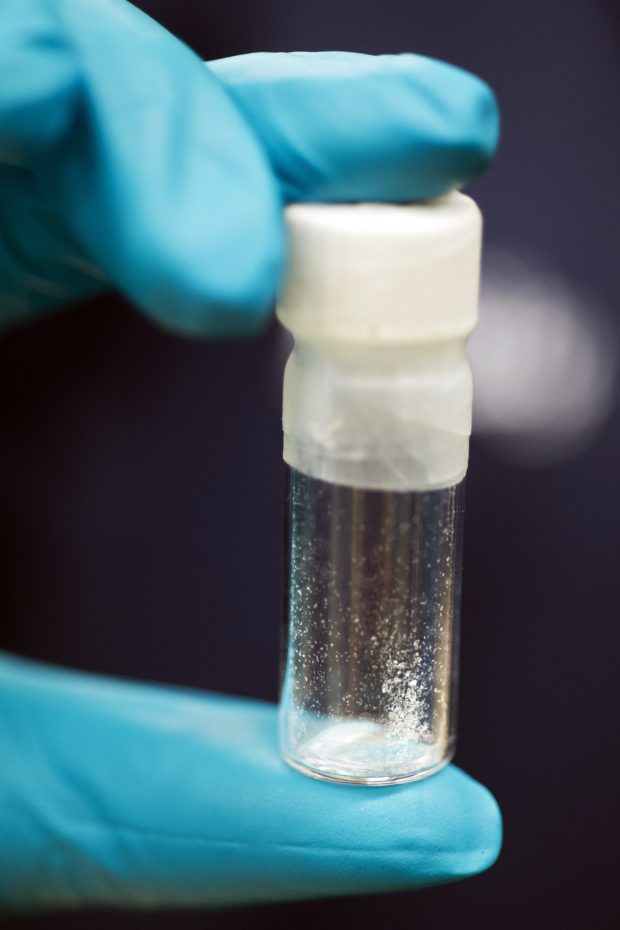
INQUIRER file photo
Ted Stanley, the man behind the contentious fentanyl lollipop, passed away on July 13 due to complications arising from prostate cancer, reports the Washington Post.
The professor of anesthesiology at the University of Utah helped mainstream the use of fentanyl in the medical field.
Fentanyl is a drug 100 times stronger than morphine and is used in general anesthesia and cardiac procedures, as well as to provide pain relief.
Chair of the University of Utah’s anesthesiology department, Talmage Egan, cited that prior to the mid-1970s, anesthesia was composed of gases or morphine, which entailed low pain relief and complications such as low blood pressure and cardiovascular problems.
Dr. Stanley helped push the use of the opioid fentanyl in his field, and now both gases and opioids are used at the same time for anesthesia.
He also revolutionized the intake of fentanyl through lollipops, which he developed while studying rhesus monkeys. He first injected carfentanil, a derivative of fentanyl, into a sugar cube following a colleague’s suggestion, and the monkeys lapped it up.
He then conceptualized a product for humans, the raspberry-flavored fentanyl lollipop, which is meant for patients with “severe stress and anxiety prior to surgery.”
Colleague Brian Hague was his partner in this 1985-patented invention, and it proved to be effective since the drug went straight to the bloodstream via tissue in the mouth.
The doctor turned his creation into a business by forming pharmaceutical companies. He found a business partner in Bill Moeler, with whom he started the company Anesta.
Initially, a product targeting children, named Oralet, was unsuccessful. It was when they produced Actiq for adult cancer patients who experienced “breakthrough pain” that they found their market. The drug continues to be used as treatment only for cancer patients on opioid painkillers.
Because of fentanyl’s potency and relatively low price, it has been used in illegal drugs like heroin.
Stanley opposed the use of fentanyl in illegal drugs given that it could be easily overdosed. Only milligrams of the drug could spell death. On the street, “Fentanyl is like maybe a 2 or 3 out of 6 chance [of dying],” the doctor told New Jersey’s Courier-Post. Niña V. Guno /ra
RELATED STORIES:
Why killer drug fentanyl is so hard to stop